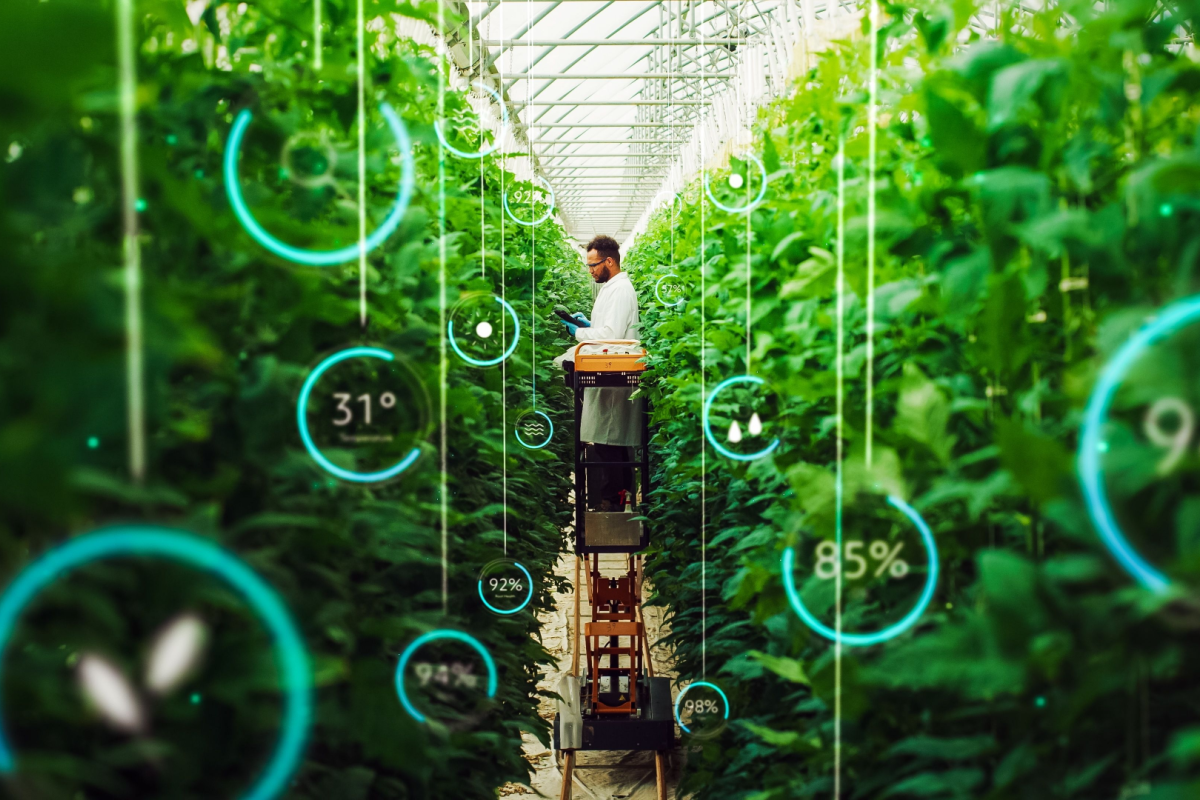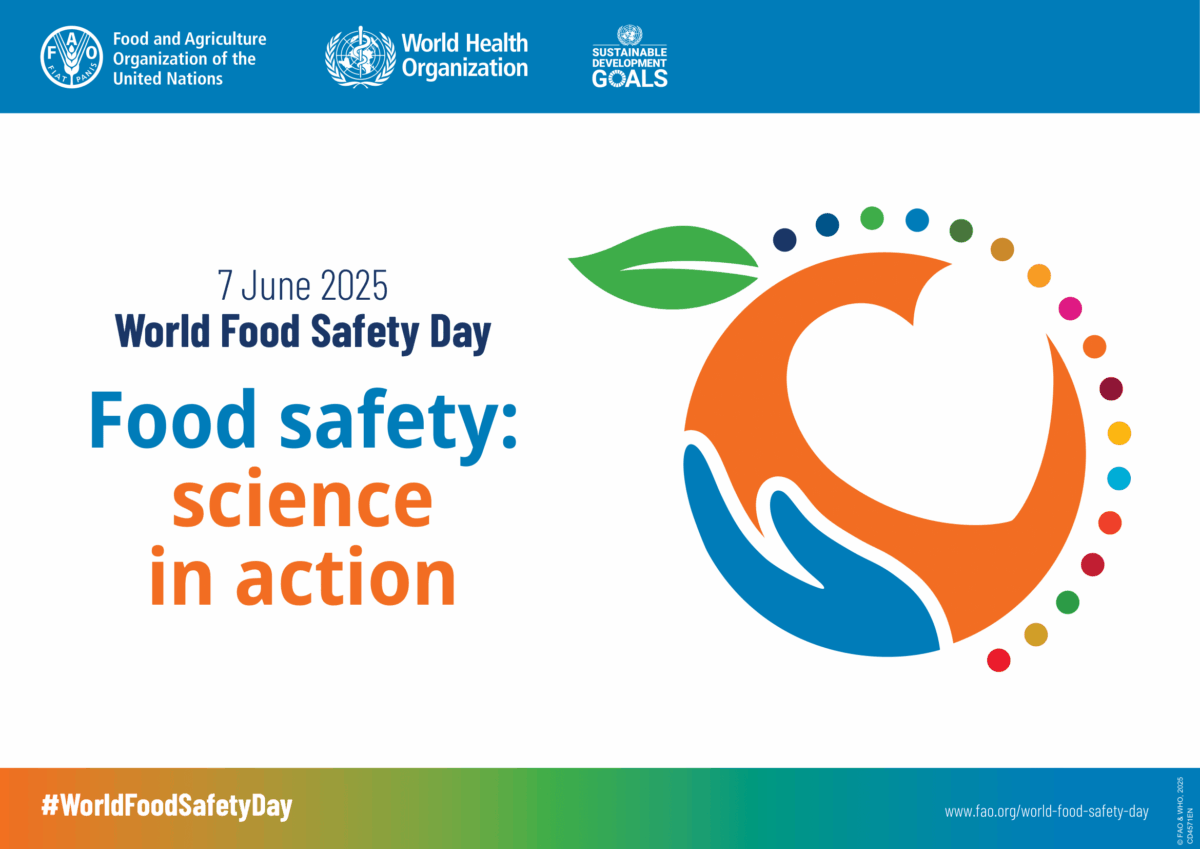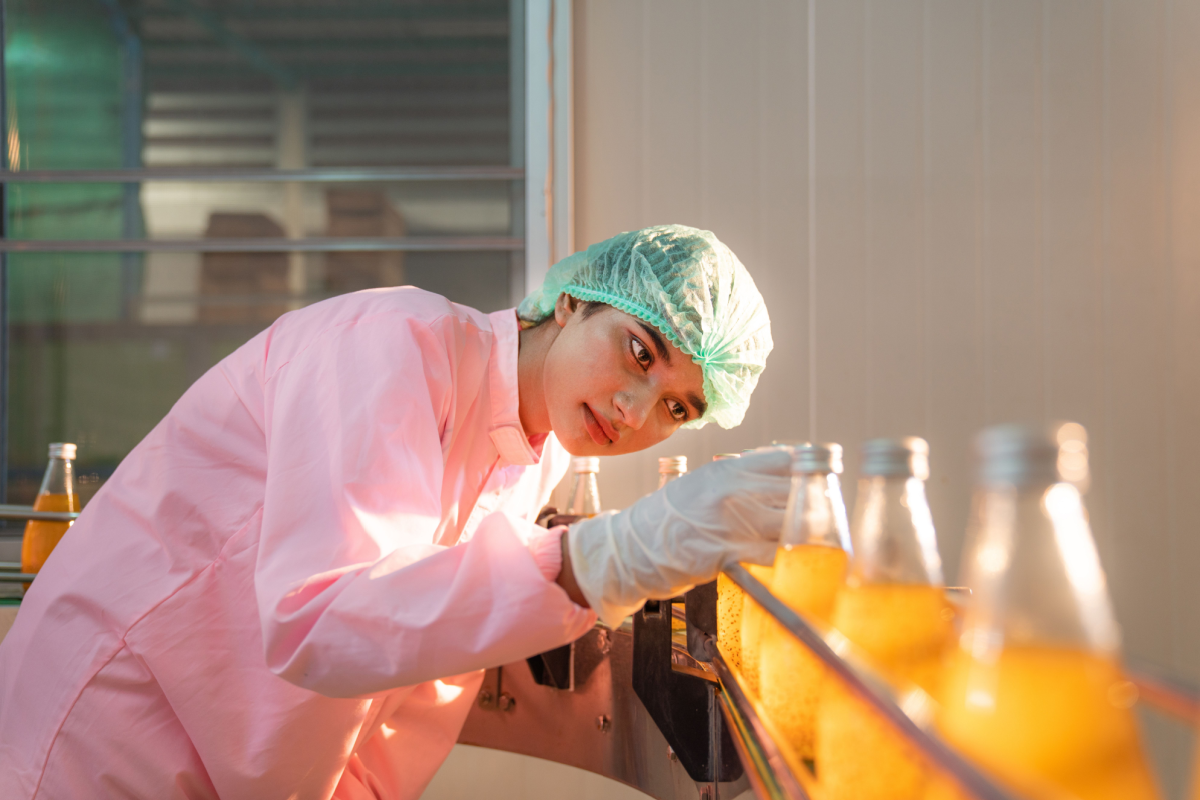As you are taking a bite of that mouth-watering sandwich you got a great deal on at your corner market, do you ever stop to consider how many ingredients, or how many supply chains, were involved in making it? Do you ever question the quality and nature of your coffee or tea leaves, olive oils or fats, alcoholic beverages, spices or extracts? What about other staples like honey, seafood, meat or dairy products? Have you ever considered the potential negative impact some seemingly healthy foods may have on other people or cultures around the globe who have strict dietary requirements or food allergies, or on those who obstain from eating certain foods for religious reasons? Or where your grocery store or favourite restaurant chooses to outsource its food from and why?
Though some people may consider these questions, few of us ever do. The deceptive reality is that some players connected to the food industry may be committing food fraud. The Food and Drug Administration (FDA) estimates 10% of foods have a fraudulent component – with the highest number of food fraud reports on seafood. The globalization and complexity of today’s food network is a recipe for fraud that can affect the quality and safety of our food chain, and may even cause death.
Food fraud is defined as the deliberate adulteration or misrepresentation of food or food ingredients for economic gain. It can involve counterfeiting, mislabelling, adulteration, substitution, addition, dilution or grey market – concealing criminal networks within legitimate networks.
It has major impacts on the overall food industry compromising control and oversight, increasing risk of consumer illnesses and deaths, removing our ability to make informed food choices, and creating unfair market competition. Food fraud may also involve tax/duty evasion, bribery and corruption, extortion, money laundering, smuggling, false accounting, subsidy, bank, or other stakeholder fraud, and is often linked to criminal gangs.
Xtalks.com has initiated an eCongress discussion that is FREE to the public on the topic of FOOD FRAUD: Food Safety, Authenticity and Global Supply Chain Integrity. The purpose is to both spread awareness and provide guidance on how to become more proactive in fighting and preventing food fraud. The current food safety management systems (FSMS) are not specifically designed for fraud detection or mitigation. However, there are several ways for the food industry to reduce its likelihood of being the victim of food fraud. For example, learning how to identify foods most vulnerable to fraud and preparing control plans to mitigate against it. More effectively mapping your supply chains and creating more robust vendor agreements, employing forensic accounting tools and audits and developing whistle blowing mehcanisms, creating a culture of good corporate governance.
This 9-part webinar series will showcase these tips and intervention strategies to help your organization fight the food fraudster and reduce or eliminate their deception of using food for economic gain.
Don’t miss the 4th webinar in the series, March 17 11am EDT (3pm GMT): A Look at Global Seafood and Botanicals Fraud and New Screening Technologies to Promote Product Authentication and Integrity.
And don’t worry if you’ve missed any of the webinars. Registrants will receive a free on-demand archive of the entire series, complimentary, at the end of the series in April.
Click here to REGISTER and take a more in-depth look at the topics still to be presented:
– Analytical Methods for Food Authentication (March 19)
– Ensuring the Integrity of Food Ingredient Supply Chains: Role of USP’s Guidance on Food Fraud Mitigation (March 24)
– Food Fraud Mitigation Tool with Guidance on How to Prepare a Control Plan: Role of Industry (March 26)
– Seafood Fraud: The Extent, Consequences and Emerging U.S. Response (April 10)
– Following the Horse Meat Scandal: The Consumer Perspective in Europe (April 16)
Image taken from presentation “Understanding the Challengers of Food Markets: Identifying Criminal Opportunities” by Jon Spencer, Centre for Criminology and Criminal Justice (University of Machester, UK)









Join or login to leave a comment
JOIN LOGIN